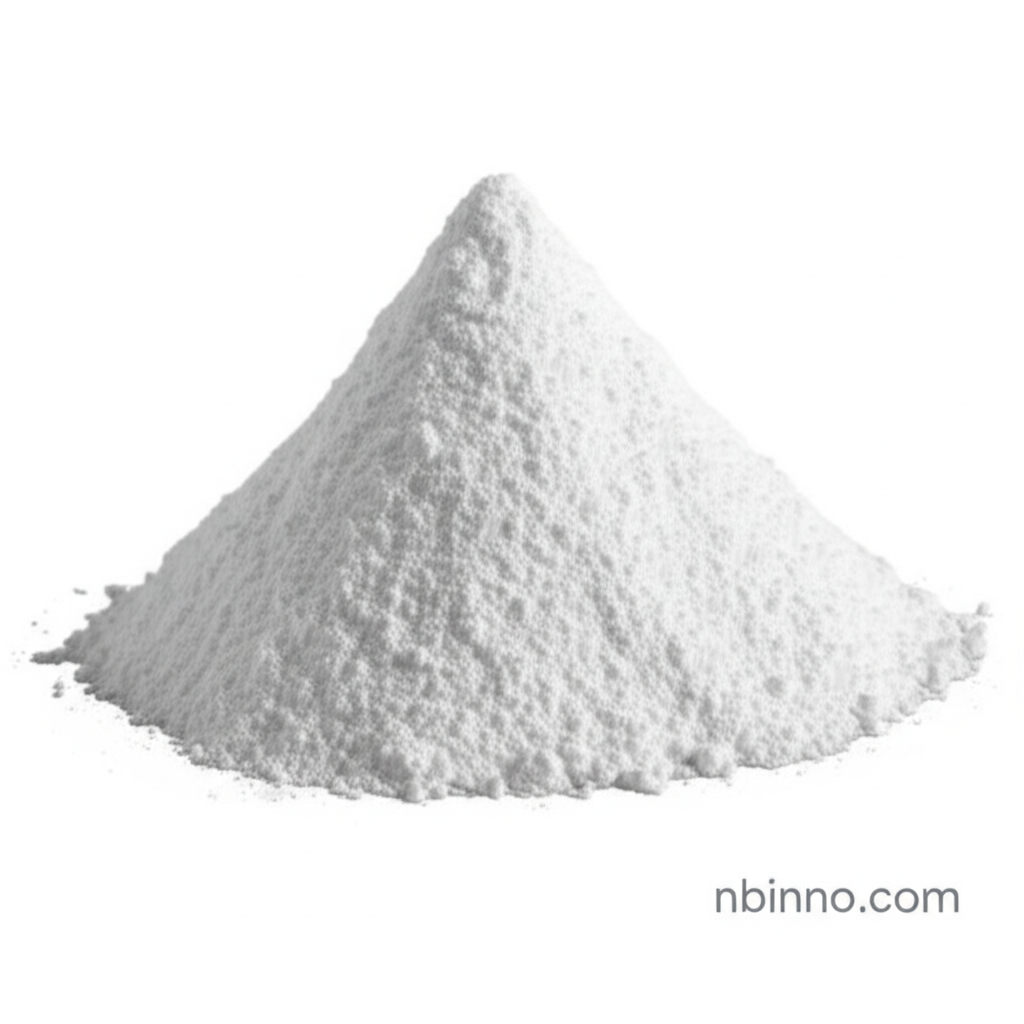Understanding Trypsin: Properties, Applications, and Significance
Discover the essential role of Trypsin (CAS 9002-07-7) in biochemistry, pharmaceuticals, and beyond.
Get a Quote & SampleProduct Core Value

Trypsin
Trypsin is a highly specific serine protease enzyme with a crucial role in breaking down proteins. Its ability to cleave peptide bonds at the carboxyl end of lysine or arginine residues makes it invaluable across numerous scientific and industrial fields, from fundamental biochemical research to advanced pharmaceutical applications and large-scale food processing.
- Precision Protein Digestion: Learn how trypsin's specific cleavage patterns are essential for proteomics research, enabling the breakdown of complex proteins into analyzable peptide fragments.
- Cellular Applications: Explore the vital function of trypsin in cell biology, particularly in dissociating cells from culture surfaces for subculturing and various experimental analyses, a key process in regenerative medicine and drug discovery.
- Therapeutic and Industrial Uses: Discover the wide-ranging applications of trypsin in the pharmaceutical industry for treating respiratory ailments and in food processing for developing hypoallergenic products.
- Biochemical Assays and Kinetics: Understand how synthetic trypsin substrates are utilized in enzyme kinetics studies and inhibitor screening, accelerating the development of new therapeutic agents.
Key Advantages
Unmatched Specificity
The precise cleavage of proteins at lysine and arginine residues makes trypsin an indispensable tool for achieving predictable outcomes in complex biochemical reactions and analytical processes.
Versatile Functionality
From enabling efficient cell dissociation in tissue culture to aiding in the precise digestion of proteins for mass spectrometry, trypsin demonstrates remarkable versatility across diverse scientific disciplines.
Critical for Digestion and Repair
As a fundamental digestive enzyme, trypsin plays a key role in nutrient absorption and is also explored for its potential in wound healing and tissue repair, highlighting its broad biological significance.
Key Applications
Proteomics and Mass Spectrometry
Trypsin's highly specific cleavage is fundamental for sample preparation in mass spectrometry-based proteomics, enabling accurate protein identification and characterization of post-translational modifications.
Cell Culture and Tissue Dissociation
In cell biology, trypsin is used to detach adherent cells from culture vessels, facilitating cell passaging, analysis, and experiments in fields like tissue engineering and regenerative medicine.
Pharmaceutical Industry
Used in the development of treatments for respiratory diseases and as a component in wound care, leveraging its ability to break down proteins and secretions.
Food Industry
Applied in the hydrolysis of proteins to produce hypoallergenic formulas and to improve the texture and digestibility of various food products.
